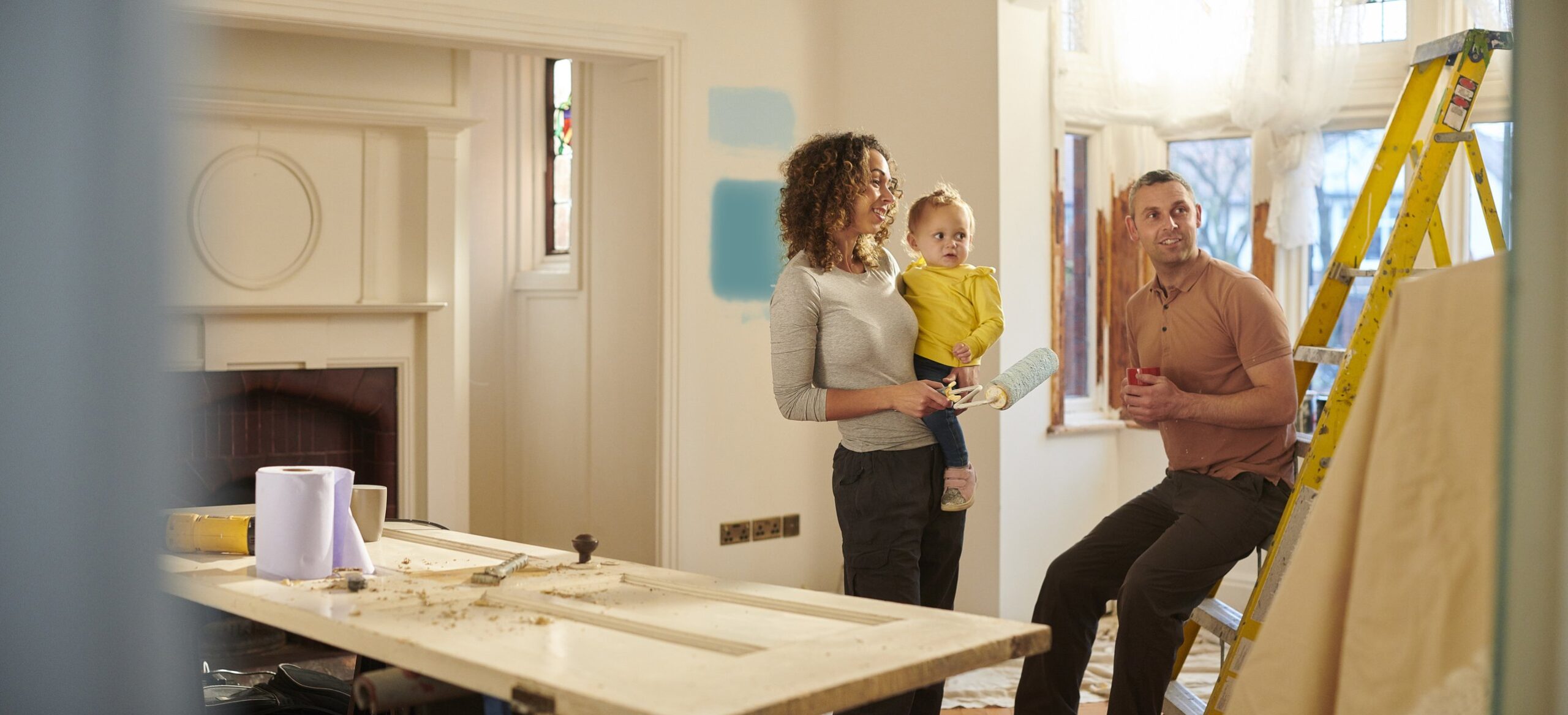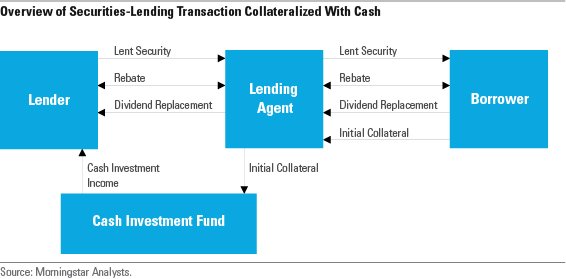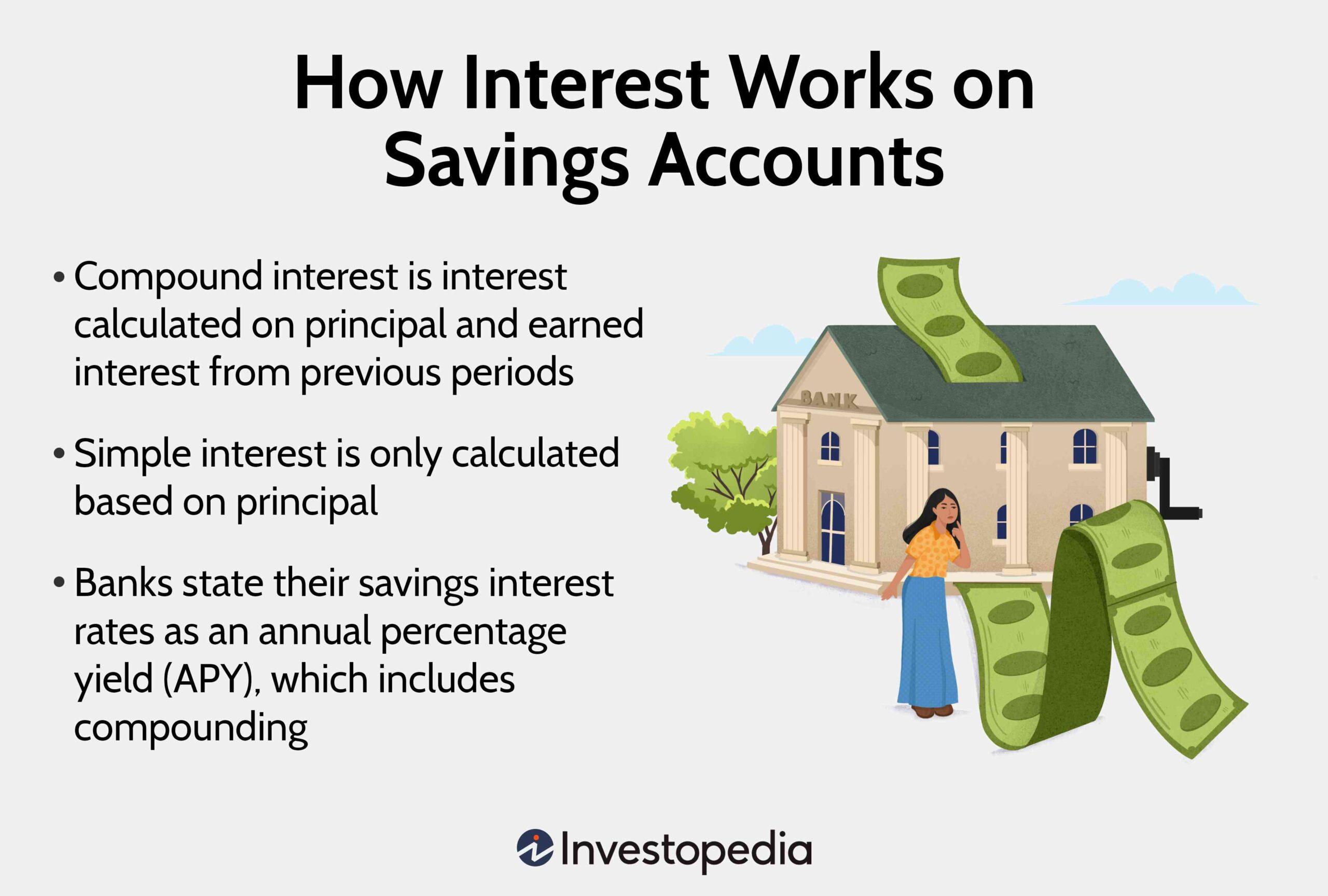Looking to give your home a much-needed makeover? Wondering how to finance a home renovation project? Look no further! In this article, we will provide you with the ultimate solution to financing your dream renovation. Whether you’re planning a small-scale upgrade or a full-blown remodel, our expert tips and strategies will guide you in securing the necessary funds without breaking the bank. So, let’s dive right in and explore the various options available for financing your home renovation project.
How to Finance a Home Renovation Project
Introduction
Renovating your home can be an exciting and rewarding project that enhances your living space and increases the value of your property. However, financing your home renovation can be a significant challenge for many homeowners. Fortunately, there are several options available to help you fund your project. In this article, we will explore different financing methods, including loans, grants, and other creative solutions, to help you find the best approach for your home renovation.
1. Assessing Your Renovation Needs
Before diving into the financing options, it’s important to carefully assess and plan your renovation needs. This will not only help you determine the budget required but also ensure that you prioritize the most essential aspects of your renovation project. Here are some key considerations:
- Identify the specific areas and features of your home that need renovation.
- Determine the scope of the renovation, whether it’s a minor update or a major overhaul.
- Obtain cost estimates from contractors or use online resources to get an idea of the potential expenses.
- Decide whether you want to hire professionals or take a do-it-yourself (DIY) approach for certain aspects.
By thoroughly assessing your renovation needs, you can create a realistic budget and a solid plan, which will help you make informed decisions when it comes to financing.
2. Personal Savings
Using your personal savings is often the most straightforward and cost-effective way to finance your home renovation. If you have been saving up for a rainy day or a specific project, this could be the perfect opportunity to put those funds to good use. Here are some tips to consider when using personal savings:
- Review your savings and determine how much you are willing to allocate for your renovation project without jeopardizing your financial stability.
- Consider setting aside a contingency fund to account for any unexpected expenses that may arise during the renovation process.
- If your savings fall short of your renovation budget, explore other financing options to cover the remaining costs.
- Be mindful of any tax implications or penalties associated with withdrawing funds from certain types of savings accounts.
Using personal savings can provide you with the freedom and flexibility to complete your renovation project without incurring debt or paying interest. However, it may not be a viable option for everyone, particularly if your savings are limited or earmarked for other important financial goals.
3. Home Equity Loans or Lines of Credit
For homeowners who have built up equity in their homes, a home equity loan or line of credit can be an attractive financing solution. These options allow you to borrow against the value of your property and use the funds for your renovation project. Here’s how they work:
- Home Equity Loan: Also known as a second mortgage, a home equity loan provides you with a lump sum of money that you repay over a fixed term, typically with a fixed interest rate. This option is suitable if you have a specific budget in mind or prefer predictable monthly payments.
- Home Equity Line of Credit (HELOC): With a HELOC, you are approved for a predetermined credit limit, and you can borrow as much or as little as you need within that limit. The interest rates are typically variable, and you only pay interest on the amount you borrow. This option offers more flexibility but requires careful budgeting and discipline to avoid overspending.
To qualify for a home equity loan or line of credit, you will need to have a certain amount of equity in your home and meet specific lending criteria set by the financial institution. It’s important to consider the costs associated with these options, such as closing fees, appraisal fees, and potential prepayment penalties.
4. Government Assistance and Grants
Depending on your location and the nature of your renovation project, you may be eligible for government assistance or grants. These programs aim to support homeowners in improving their properties and may offer financial aid, tax incentives, or subsidized loans. Here are some common government assistance options:
- Home Improvement Loans: Some government agencies or nonprofit organizations provide low-interest or forgivable loans specifically for home renovations. These loans often come with income restrictions or requirements related to the scope of the renovation. Research local programs and consult with your municipality for more information.
- Energy Efficiency Grants and Incentives: If your renovation includes energy-efficient upgrades, such as installing solar panels or upgrading insulation, you may be eligible for grants or tax credits. These incentives not only help you finance your project but also promote sustainability and reduce your long-term energy costs.
- Historic Preservation Grants: If your home is designated as a historic property, there may be grants available to help preserve its historical integrity. These grants can be used for renovations that maintain or restore the original architecture, materials, or design elements.
To explore government assistance and grants, visit your local government websites or contact relevant agencies to determine the eligibility criteria, application process, and deadlines.
5. Personal Loans
If traditional financing options don’t suit your needs, personal loans can be a viable alternative. These unsecured loans are not backed by collateral, such as your home, but rather rely on your creditworthiness and income. Here’s what you should know about personal loans:
- Shop around and compare interest rates, terms, and fees from various lenders to find the most favorable loan offer. Online platforms and traditional financial institutions are good places to start your search.
- Check your credit score and work on improving it if necessary. A higher credit score can help you secure a lower interest rate and better loan terms.
- Consider the loan repayment period and ensure that the monthly payments fit within your budget. Avoid taking on excessive debt that could strain your finances.
Personal loans can provide you with quick access to funds without putting your home at risk. However, keep in mind that they often come with higher interest rates compared to secured loans. It’s crucial to calculate the total cost of borrowing and determine whether the loan payments are manageable within your financial circumstances.
6. Credit Cards
Credit cards are another potential financing option for small to medium-sized home renovations. They provide convenience and flexibility, allowing you to make purchases upfront and pay off the balance over time. However, it’s essential to approach credit card usage with caution:
- Look for credit cards with low introductory interest rates, rewards, or cashback offers to maximize the benefits of your spending.
- Create a repayment plan and strive to pay off the balance within the interest-free period to avoid high-interest charges.
- Be mindful of your credit limit and avoid maxing out your card, as high credit utilization can negatively impact your credit score.
- Consider using credit cards for smaller renovation expenses or as a supplement to other financing methods rather than relying solely on credit cards.
Credit cards can be a convenient short-term financing tool, but they should be used responsibly to avoid excessive debt and high-interest payments. Only consider this option if you have a solid plan to pay off the balance promptly.
7. Contractor Financing
Some contractors may offer their own financing options to help you fund your home renovation project. This can be a convenient solution, especially if you have a good relationship with the contractor, as they are already familiar with the project and its estimated costs. Consider the following when exploring contractor financing:
- Review the terms and conditions, interest rates, and repayment terms of the contractor’s financing offer.
- Compare the contractor’s financing with other options available to ensure it is the most cost-effective choice.
- Verify the credibility and reputation of the contractor, including reading reviews, checking licenses, and requesting references.
- Understand any potential consequences of defaulting on contractor financing, such as liens on your property.
While contractor financing may seem convenient, it’s essential to do your due diligence and carefully evaluate the terms and costs involved. Compare this option with others to ensure you are making the best decision for your specific renovation project.
Financing a home renovation project requires careful planning and consideration of various options available to homeowners. Assess your renovation needs, explore personal savings, home equity loans, government assistance, personal loans, credit cards, and contractor financing. Each option has its advantages and considerations, so choose the one that aligns best with your financial circumstances and renovation goals. Remember to compare interest rates, terms, and fees, and always borrow responsibly. With the right financing method, you can transform your home into the space of your dreams.
Financing Your Remodel: What are the Options? | How To Home Podcast
Frequently Asked Questions
Frequently Asked Questions (FAQs)
How can I finance a home renovation project?
Financing a home renovation project can be done through several methods:
- Personal Savings: You can use your own savings to finance the project.
- Home Equity Loan: This involves borrowing money against the equity in your home.
- Home Equity Line of Credit (HELOC): Similar to a loan, but you can borrow as needed.
- Refinancing: You can refinance your mortgage and use the extra funds for renovations.
- Personal Loans: Banks and other lending institutions offer personal loans for home renovations.
- Credit Cards: While not recommended due to high interest rates, credit cards can be used for small projects.
What factors should I consider when deciding how to finance my home renovation project?
When deciding how to finance your home renovation project, consider the following factors:
- Interest Rates: Compare the interest rates and terms of different financing options.
- Repayment Period: Determine the repayment period that works best for your financial situation.
- Loan Amount: Evaluate the amount of money you need for the renovation and choose a financing option accordingly.
- Loan Fees: Take into account any fees associated with the financing option, such as origination or closing costs.
- Collateral: Consider if you are willing to use your home or other assets as collateral for the loan.
Is it better to save money for a home renovation project or borrow funds?
It depends on your individual financial circumstances. If you have enough savings and can comfortably afford the renovation without borrowing, it may be better to use your own funds to avoid interest payments. However, if you don’t have sufficient savings or prefer to keep your savings for emergencies, borrowing funds can be a viable option.
What is the difference between a home equity loan and a home equity line of credit?
A home equity loan provides a lump sum of money that is repaid over a fixed period of time with a fixed interest rate. On the other hand, a home equity line of credit (HELOC) allows you to borrow money as needed up to a certain limit and repay it as you go. HELOCs typically have variable interest rates.
How can I determine the amount of equity in my home?
To determine the amount of equity in your home, subtract the outstanding mortgage balance from the current market value of your home. The difference represents the equity you have built up over time.
What are the advantages of refinancing my mortgage for a home renovation project?
Refinancing your mortgage for a home renovation project can provide several advantages:
- Access to Funds: By refinancing, you can access the equity in your home to finance the renovation.
- Potential Lower Interest Rate: If the current mortgage rates are lower than your existing rate, refinancing can help you secure a lower interest rate.
- Consolidation of Debt: If you have other debts with higher interest rates, refinancing can help you consolidate them into one mortgage payment with a lower overall interest rate.
What are the risks of using a credit card for a home renovation project?
Using a credit card for a home renovation project can carry certain risks:
- High Interest Rates: Credit cards usually have higher interest rates compared to other financing options.
- Debt Accumulation: If you are unable to repay the full amount on time, you may accumulate debt and face financial difficulties.
- Limited Credit Limit: Credit cards often have lower credit limits, which may not be sufficient for large renovation projects.
Should I get multiple quotes for my home renovation project before finalizing the financing?
Yes, it is recommended to obtain multiple quotes from contractors before finalizing the financing for your home renovation project. This will help you compare costs and choose the best option that fits within your budget.
Final Thoughts
In conclusion, financing a home renovation project can be achieved through several avenues. One option is a home equity loan or line of credit, which allows homeowners to borrow against the value of their property. Another option is a personal loan, which provides funding without the need for collateral. Additionally, some homeowners may consider refinancing their mortgage to access funds for renovations. It’s important to carefully evaluate and compare interest rates, terms, and repayment options when choosing the best financing option for a home renovation project. By exploring these various avenues, individuals can find the best way to finance their home renovation project.



